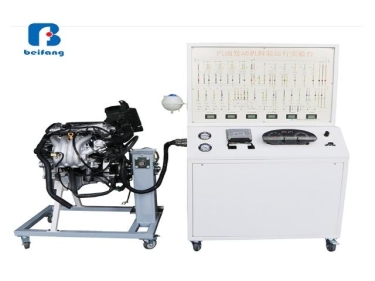How Blockchain Can Help Facilitate Regional Trade
Blockchain offers numerous advantages for businesses, ranging from reduced paperwork to increased trust between partners. Come take a look at our article to learn more.

The shared and transparent ledgers that are inherent in blockchain have made it an invaluable tool for regional export and import, facilitating regional trade through the distribution of information between partners who can easily authenticate the origins of a production and reduce waiting time. Here are the various advantages of utilizing blockchain in your business:
Reduced Paperwork
The first benefit of digitizing data is the elimination of paperwork, which is a significant time waster. When goods are authenticated and inspected where they are manufactured by trusted bodies, organizations, or chambers, storing this information on the blockchain makes it easier to verify a product's origins and eligibility for regional trade exemptions and tariffs.
Building Trust between Partners
Building this body of information over time fosters trust between the source and transit customs, as well as a shift towards areas or goods that require additional attention. Blockchain makes it much easier to establish an Integrated Process of Origin (IPO).
The existence of routes or blockchain B2B platforms for cross-border goods exchange is a valuable resource for regional trade. These platforms can hold payments in escrow until goods are delivered and confirmed, which helps build trust between traders in neighboring countries. This accelerates business even more in a regional block where distances are shorter. Buyers can quickly purchase samples and confirm that the goods meet their requirements before proceeding on a larger scale.
It is also easier to authenticate, track, and trace goods using blockchain, making transportation, delivery, and local distribution easier. This improves e-commerce shipping. It also takes a long time to put terms in place in the creation of free trade zones. Blockchain can help governments and trading partners run and correct what works quickly through fluid collaboration.

Financial Inclusion and Digital Infrastructure
Among the many great features of blockchain, the one that gets the most attention is cryptocurrency. While a lot of digital currencies are still volatile and hard to pin down value between short periods, they are still a very swift way of making payments without any middlemen. Transaction fees can also be cheaper. This makes them a good, verifiable means of payment. Building and facilitating blockchain infrastructure and data centers inside trading blocs should thus be a priority for governments and regional organizations trying to grow exports and imports.
Blockchain payment infrastructure also includes financial services that promote financial inclusion in areas with similar financial regulations and cooperation, such as capital, loans, and remittances.
A distributed, decentralized system has the potential to accelerate business transactions in ways unimaginable before. It can also present great tools for fighting crime, cutting down on corruption at the borders and fostering economic growth.
Learn More with Export Portal
Export Portal is here to help you navigate the world of international trade. For more information, make sure to check out our site and stay in the loop!


















Comments 1